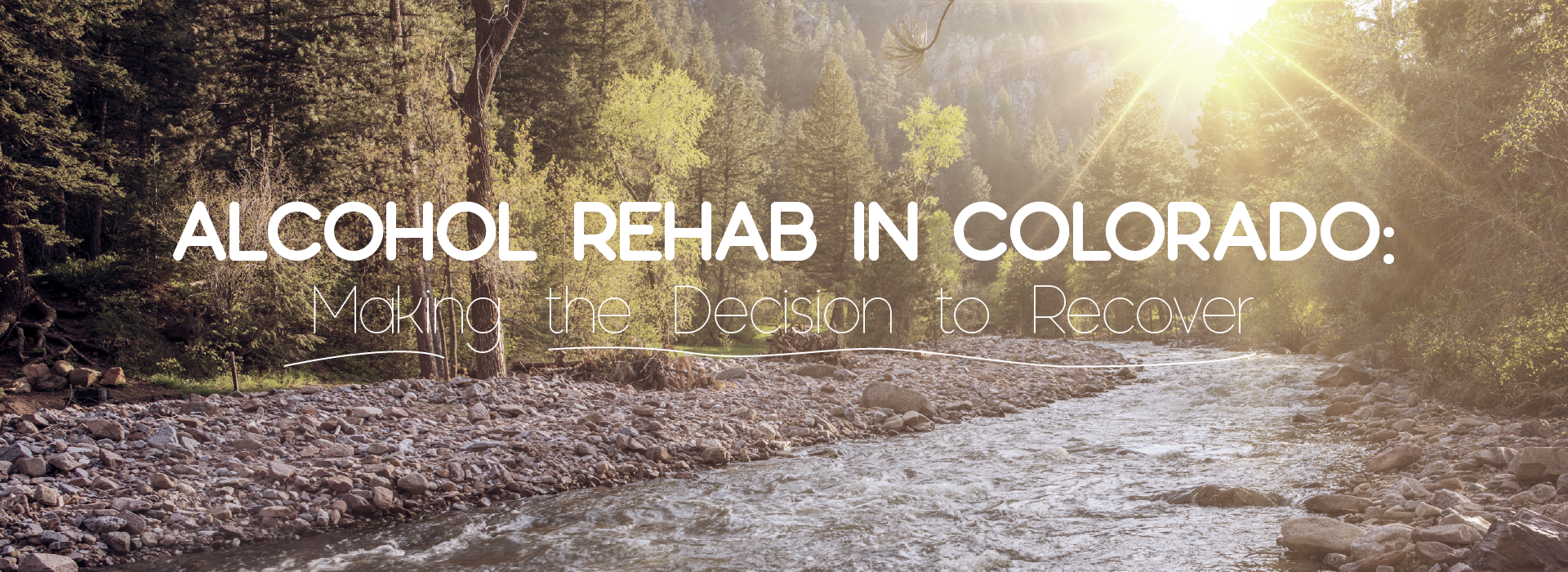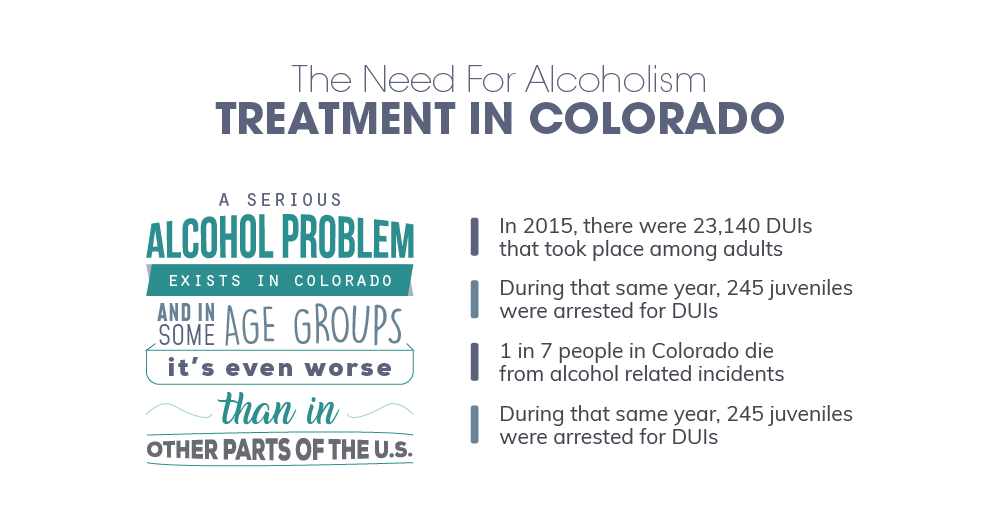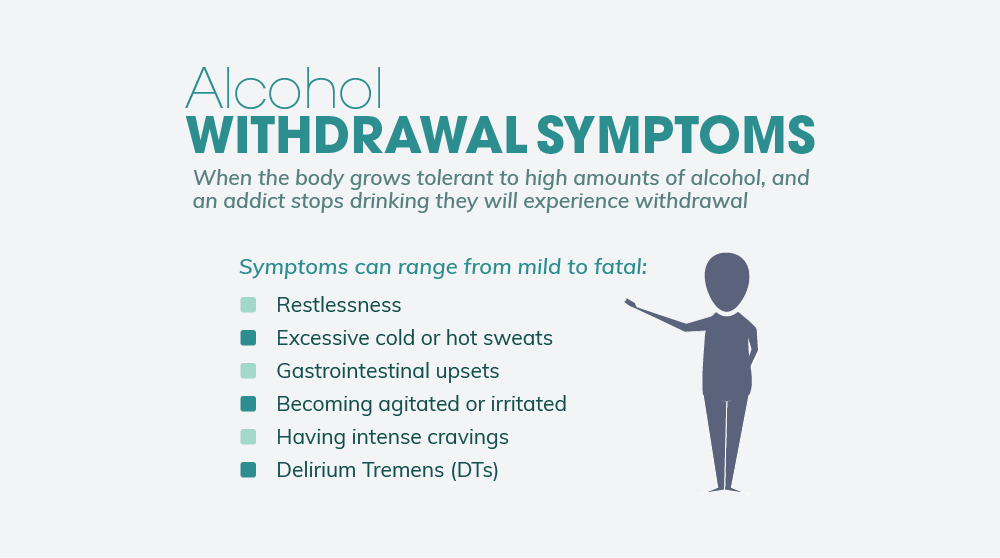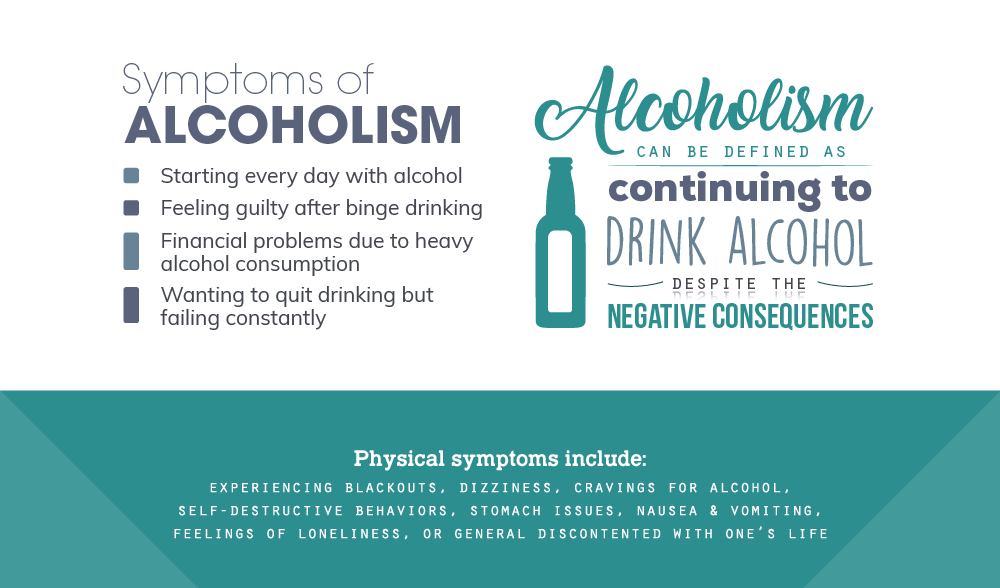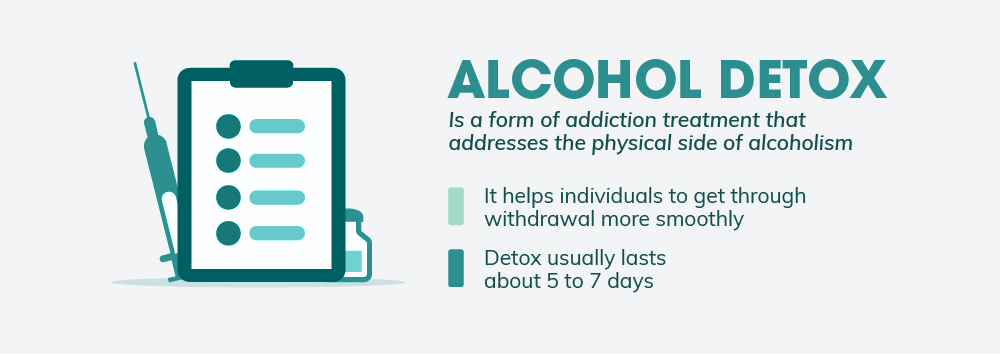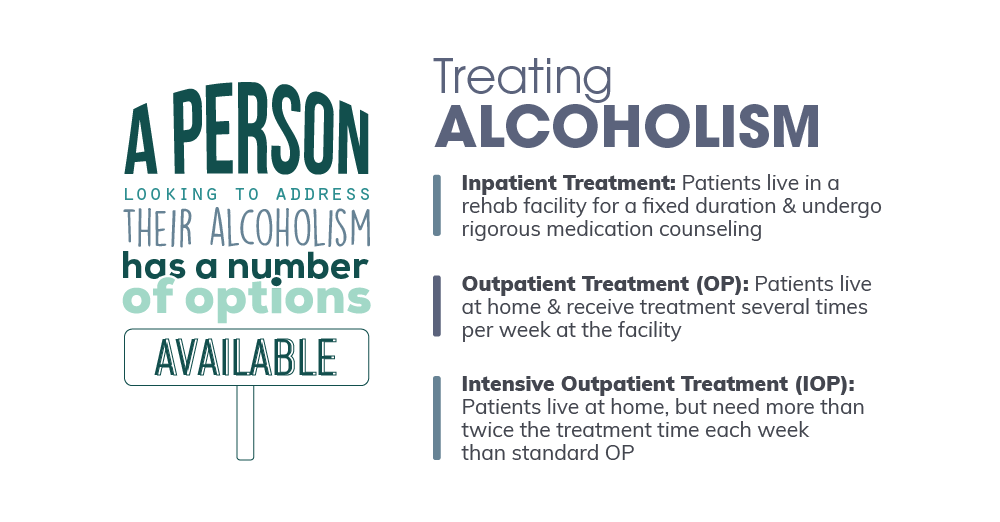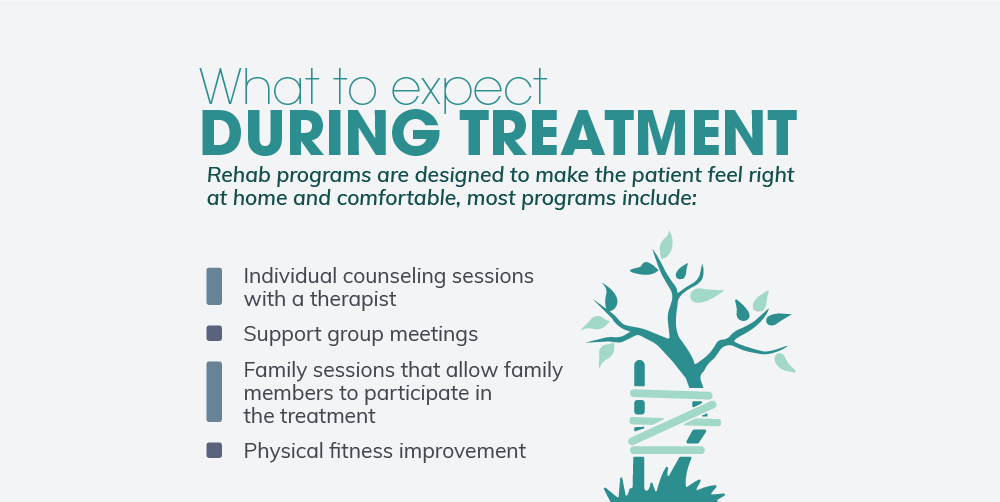Maybe you realize that alcohol has become a problem for you, and you need to stop drinking. It is wonderful that you have come to that conclusion, if that is the case. But, most people tend to want to try quitting their use of alcohol on their own, and then if they are not able to, they will consider getting professional help. This can lead to dangerous consequences.
Other common withdrawal symptoms than can occur if you stop drinking alcohol cold turkey include:
It can be so dangerous to stop drinking on your own, but most people find that they are not able to get past the initial withdrawal phase on their own without professional help.
Going to an alcohol rehab center can help to equip you with the knowledge you need to empower your quit. But what is even more important is the fact that they can address your withdrawal symptoms and assist you with alleviating them.
Read The Latest Recovery News and Stories
Read great recovery stories, learn about the latest treatments, and find out how addiction affects yourself and your loved ones in our blog.
Read Our Blog

